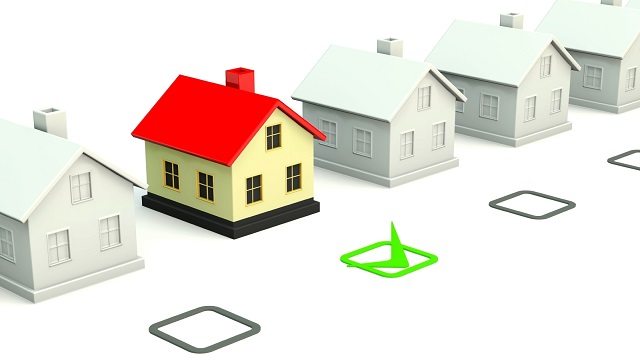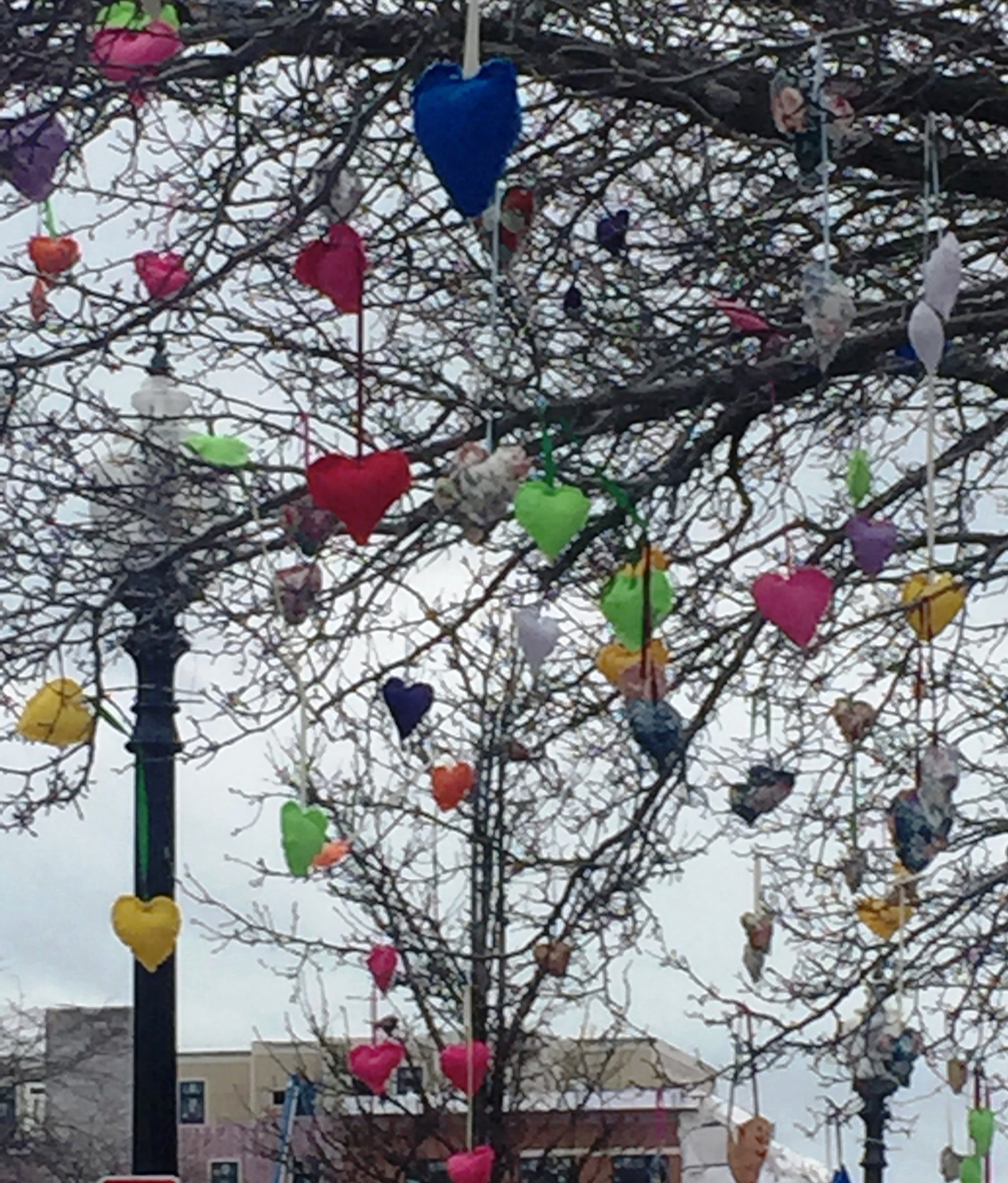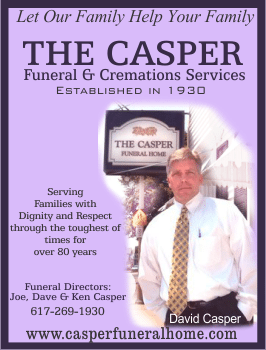| Building on his commitment to create more affordable housing in the City of Boston, Mayor Martin J. Walsh today announced nearly $22 million in funding for ten affordable housing developments in neighborhoods across Boston. This funding will help preserve or produce 602 housing units, 77 units of which are reserved for homeless or extremely low-income households in Boston. Today’s announcement contributes to the goal of creating 6,500 new units of affordable housing outlined in Housing a Changing City: Boston 2030, Mayor Walsh’s housing plan, and supports Boston’s Way Home, the administration’s plan to end chronic homelessness by 2018. |
“Preserving Boston’s affordability is key to ensuring everyone who wants to live here can afford to do so, and I’m particularly pleased this funding will both preserve and add to our existing affordable housing stock,” said Mayor Walsh. “This will help us continue to build a pipeline of affordable housing, and put us one step closer towards reaching the ambitious goals laid out in our housing plan. I want to thank the Neighborhood Housing Trust for making these funds available and supporting these worthy developments. Working together with our partners, I am proud we are building a better Boston.”
The funding is made possible through more than $13 million of federal and local resources awarded by the Department of Neighborhood Development (DND), and more than $8 million of linkage funds, awarded through Boston’s Neighborhood Housing Trust.
With the awarding of these funds, the Walsh Administration has now committed nearly $100 million in affordable housing funding since Mayor Walsh took office. In total, the Walsh Administration has helped create or preserve more than 3,000 units of affordable housing, which includes nearly 500 units of housing for the homeless.
To help choose appropriate developments for funding, the City of Boston has established funding priorities, based on the goals outlined in Housing A Changing City: Boston 2030. Proposals submitted are expected to fall under at least one of the priority criteria:
- Affordable housing developments that utilize City-owned land.
- Affordable housing developments targeting a mix of incomes: from units for homeless households to units targeted and restricted to incomes representative of Boston’s workforce. The City prioritizes proposals that, in addition to the homeless set-aside, provide some portion of units targeting extremely low income tenancies.
- Affordable housing developments that have reduced the cost to build and/or efficiently use subsidy so that the project is able to move into construction more quickly.
- Affordable housing developments that provide units that serve the disabled community, vulnerable or special needs populations, elders, veterans, artists, aging out youth, etc.
- Acquisition of unrestricted housing developments in order to stabilize the tenancies, and provide long term affordability for a mix of incomes (i.e. unrestricted properties).
- Developments that are at risk of losing their affordability within 5 years.
- Large projects with more than 50 units of housing, of which at least 51 percent will be deed-restricted affordable units.
- Projects creating new affordable units in high-cost neighborhoods where most of the IDP funds are generated.
- Projects that contain affordable units that cannot be funded from other subsidy sources available under this RFP, or through the Neighborhood Housing Trust RFP.
- Projects that can quickly acquire existing unregulated units and convert them into long-term affordable housing.
|














